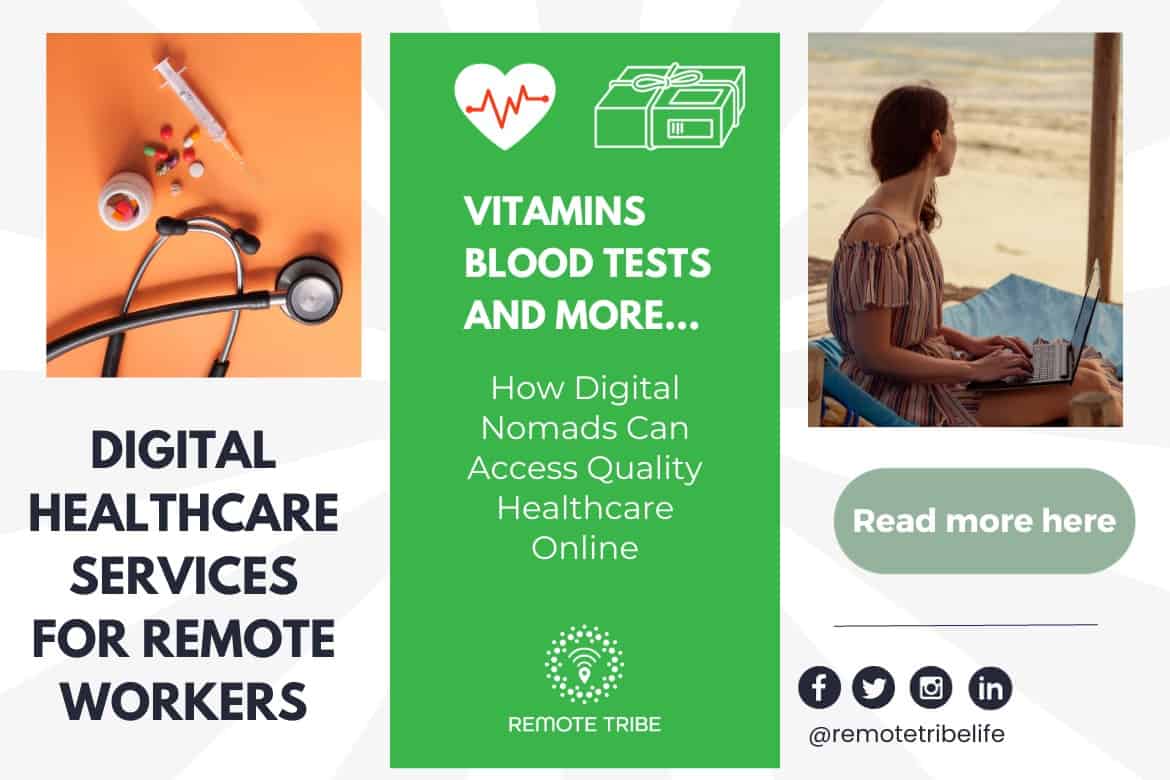The Increase of Subscription-Based Medical Care and Its Influence On Person Treatment
As health care develops, the subscription-based version is getting traction, promising to reinvent individual care by providing predictability and ease of access. The capacity for these models to reshape medical care delivery raises pressing inquiries concerning their long-lasting sustainability and inclusivity. Are these registration solutions the future of healthcare, or do they run the risk of leaving susceptible populaces behind?
Understanding Registration Medical Care Versions
Comprehending the principle of subscription health care models entails examining a transformative strategy to medical solutions that emphasizes affordability and accessibility. These designs, typically referred to as direct health care (DPC) or concierge medicine, have arised as innovative alternatives to typical fee-for-service health care systems. Registration healthcare permits individuals to pay a fixed regular monthly or yearly fee for a defined set of clinical solutions, which may include unlimited office check outs, regular check-ups, and standard laboratory examinations, without the requirement for standard insurance policy billing.
The structure of registration health care versions is made to enhance individual care by removing third-party payers and intricate billing codes, thereby lowering administrative concerns. Doctor can concentrate a lot more on person treatment, cultivating stronger patient-provider connections. This design additionally promotes preventative treatment by urging regular visits, as the economic obstacle of per-visit charges is removed.
The membership design often encourages medical care providers to take care of smaller sized client panels, permitting more customized care. It lines up financial rewards with client health outcomes, as companies are encouraged to preserve client complete satisfaction and health. On the whole, understanding registration medical care models needs recognizing their possible to improve just how care is provided and accessed.
Advantages for Clients and Suppliers

With a consistent earnings stream, health care professionals can devote more time to each individual, leading to a more complete and customized treatment experience. The emphasis on precautionary treatment within subscription strategies can lead to much better patient end results and reduced lasting healthcare expenses.
Challenges and Worries
While subscription-based healthcare designs existing numerous advantages, they additionally come with a collection of obstacles and issues that should be dealt with. Initially, availability remains a substantial concern, as these designs commonly target people that can afford month-to-month fees, potentially omitting low-income populaces. This increases ethical concerns regarding equitable access to health care solutions. Furthermore, the diverse nature of registration strategies can lead to confusion amongst patients regarding coverage specifics, potentially resulting in unmet expectations or inadequate care.
Financial sustainability of subscription-based designs is an additional issue. Carriers must balance the fixed income from subscriptions with the variable prices of medical care solutions, which may fluctuate due to unforeseen clinical requirements. This can produce stress to restrict solutions or boost costs, potentially influencing person satisfaction and care high quality.
Additionally, regulatory oversight of subscription-based medical care designs is still evolving. The lack of standard structures can lead to inconsistent solution high quality and accountability, making complex efforts to make certain client defense. The assimilation of modern technology-- frequently a cornerstone of these designs-- elevates concerns concerning data privacy and protection, as sensitive individual information might be at risk to breaches. Attending to these obstacles is important for the effective and equitable execution of subscription-based healthcare.
Effect On Patient-Doctor Relationships
One considerable impact of subscription-based health care versions on patient-doctor partnerships is the potential for enhanced continuity and personalized care. By embracing a go to the website membership design, medical professionals can take care of a smaller sized patient panel, enabling more specialized time with each person. This boosted schedule cultivates a much deeper understanding of an individual's case history, way of life, and preferences, allowing more customized treatment plans and interventions.

However, it is very important to recognize that while subscription-based versions may benefit those that can afford them, they could accidentally broaden healthcare differences. Individuals who are incapable to take part in these models could experience decreased access to personalized care, possibly impacting their partnerships with health care service providers. Hence, while the membership model uses promising benefits for patient-doctor relationships, it additionally presents my blog challenges that need to be resolved to guarantee fair healthcare accessibility.
Future of Healthcare Gain Access To

The role of technology can not be neglected in this change. Telemedicine platforms and electronic health documents help with seamless interaction between people and doctor, breaking down geographical and logistical obstacles. Furthermore, developments in fabricated intelligence and information analytics can further personalize medical care by forecasting person needs and enhancing therapy plans.
Nevertheless, the future of healthcare accessibility likewise presents challenges, such as making sure equity throughout different socio-economic groups. Policymakers and find this doctor should team up to link the digital divide, making certain that subscription-based versions remain budget-friendly and comprehensive. As these systems develop, they hold the assurance of making health care extra available, efficient, and patient-centric.
Verdict
Subscription-based health care designs are reshaping person care by giving a steady price framework and enhancing availability. The rise of subscription-based healthcare urges positive individual interaction, which has the possible to enhance patient end results and complete satisfaction, indicating a transformative change in medical care shipment.
As healthcare evolves, the subscription-based version is obtaining grip, assuring to revolutionize individual care by supplying predictability and accessibility.Subscription-based medical care versions provide distinct advantages for both people and suppliers, improving the total health care experience.As healthcare systems develop, the future of healthcare accessibility often hinges on the integration of ingenious models and technologies.Subscription-based health care designs are reshaping person care by providing a secure expense framework and boosting access. The surge of subscription-based healthcare urges proactive patient involvement, which has the potential to boost client results and satisfaction, indicating a transformative change in healthcare shipment.